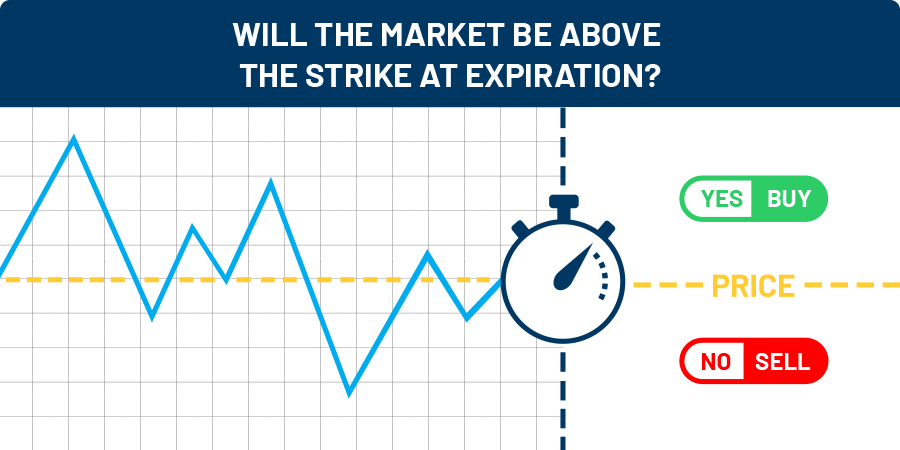Introduction
In the realm of options trading, one of the most fundamental concepts to grasp is the significance of size. Just as the size of a basketball is crucial for successful gameplay, the size of an options contract plays a pivotal role in determining various aspects of the trade. Understanding what size means in options trading empowers traders to make informed decisions, manage risk, and optimize their profit potential.

Image: www.youtube.com
Beginners in the options market often encounter the term “size” or “contract size” and may wonder what it entails. In options trading, size refers to the number of underlying shares represented by a single options contract. Understanding this concept is paramount to comprehend the implications of trading options and make wise choices.
Understanding Contract Size
In most cases, the standard contract size for exchange-traded stock options is 100 shares. This implies that when you buy or sell one option contract, you are essentially acquiring or disposing of 100 shares of the underlying stock. For instance, if you purchase an Apple (AAPL) call option with a strike price of $150 and a contract size of 100 shares, you are gaining the right but not the obligation to buy 100 shares of AAPL at $150 per share on or before the expiration date.
The contract size of options is not limited to 100 shares. In certain markets, such as over-the-counter (OTC) equity options and options on futures contracts, contract sizes can vary. Thus, it is crucial to verify the contract size for each option you intend to trade.
Size Implications in Options Trading
The contract size of an option carries significant implications in options trading. Some of the key considerations include:
- Risk and Reward: The contract size directly affects the potential risk and reward associated with an options trade. A larger contract size exposes you to greater potential profit, but simultaneously, it amplifies the risk if the trade moves against you.
- Capital Requirement: The contract size influences the amount of capital required to trade options. A larger contract size demands more capital to purchase or sell an option contract.
- Flexibility: Smaller contract sizes, such as mini-options or micro-options, provide greater flexibility for traders with limited capital or those seeking to manage risk more effectively.
Tips and Expert Advice
Seasoned options traders generally recommend the following tips and expert advice regarding contract size:
- Start Small: Beginners are advised to start with smaller contract sizes until they gain experience and confidence.
- Consider Your Capital: Assess your available capital and risk tolerance before determining the appropriate contract size for your trades.
- Utilize Smaller Contract Sizes for Risk Management: Smaller contract sizes can be employed to reduce potential losses in unfavorable market scenarios.
- Adjust Contract Size with Experience: As you gain experience and knowledge in options trading, you can gradually increase contract size to capitalize on larger opportunities.

Image: www.compsuite.com
Frequently Asked Questions (FAQs)
Q: Is contract size the same for all options?
A: No, contract size can vary depending on the market and underlying asset. Standard stock options typically have a contract size of 100 shares.
Q: What happens if I exercise an option with a contract size of 100 shares?
A: Exercising an option with a contract size of 100 shares means you are obligating yourself to buy (in the case of a call option) or sell (in the case of a put option) 100 shares of the underlying asset at the strike price.
Q: Can I trade options with contract sizes larger than 100 shares?
A: Yes, in some markets, you can trade options with larger contract sizes, such as institutional-sized contracts that represent thousands of shares.
What Does Size Mean In Options Trading

Image: www.pinterest.com
Conclusion
Understanding the concept of size in options trading is essential for navigating the options market effectively. The contract size significantly influences potential risk, reward, capital requirements, and trading flexibility. By considering the tips and expert advice provided, traders can make informed decisions regarding contract size and enhance their overall trading experience.
To conclude, if you are intrigued by the topic of size in options trading and are eager to delve deeper into the intricacies of this fascinating financial instrument, I encourage you to continue exploring reputable sources and engaging with knowledgeable individuals in the field. The path to mastering options trading lies in continuous learning and practical application.






